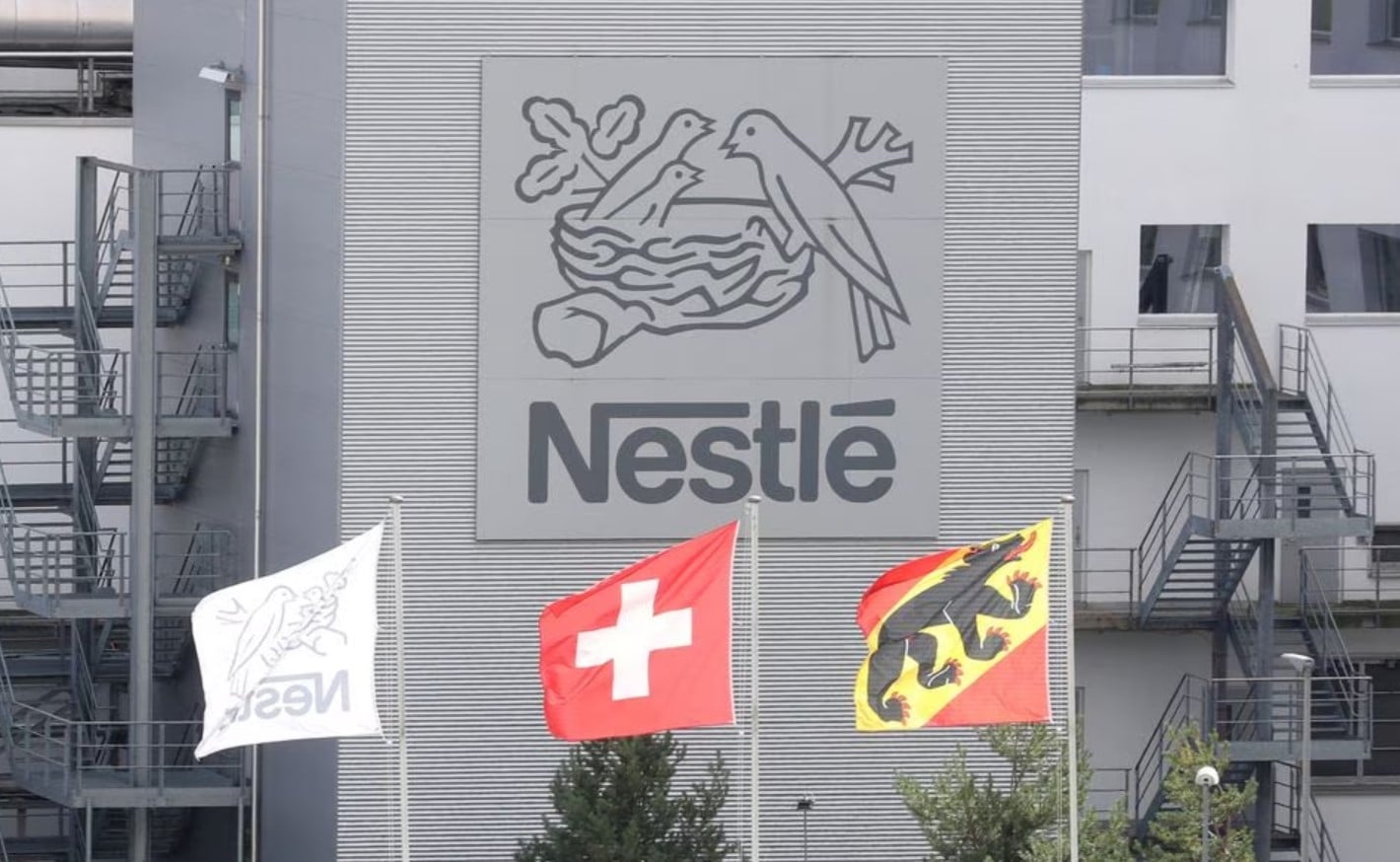Nestle (NESN.S) has launched a review of its underperforming vitamins business that could lead to the divestment of some brands, it said on Thursday, after reporting its first-half sales volumes grew more slowly than analysts expected.
Shares in Nestle, the world’s biggest food producer, fell to a six-month low in early market trade and were 4.7 per cent lower by 0950 GMT.
As the economic downturn globally has squeezed customers and driven them to cheaper alternatives, the Swiss-based maker of KitKat chocolate bars, Nespresso coffee and Maggi seasoning has found it harder to sell its branded projects.
Thursday’s results add to investor pressure on CEO Laurent Freixe to revive the company’s share price and sales. Since his appointment in August last year, Nestle’s share price has lagged rivals, including Unilever (ULVR.L) and Danone (DANO.PA).
The Swiss company on Thursday maintained its 2025 outlook, saying it expects organic sales growth to improve. It estimated an underlying trading operating profit margin at or above 16 per cent, including the negative impact from tariffs and current FX rates.
Nestle’s Vitamins, Minerals and Supplements business generates around 1 billion Swiss francs ($1.26 billion) in annual sales, Nestle said.
VMS is part of Nestle’s wider Nutrition and Health Science division, which accounted for a little more than 16 per cent of group sales in the first half and recorded a decline in real internal growth – or sales volumes – of 0.8 per cent.
“We have launched a strategic review of our underperforming mainstream and value brands, including Nature’s Bounty, Osteo Bi-Flex, Puritan’s Pride, and US private label, which may result in the divestment of these brands,” Nestle said.
Freixe said Nestle would focus on its global premium VMS brands and that a potential divestment of the others could happen in 2026.
“To us, the highest potential is at the premium end,” Freixe told reporters.
GROWTH DISAPPOINTS
Nestle said that first-half organic sales growth, which excludes the impact of currency movements and acquisitions, rose 2.9 per cent in the six months through June, just above the average of analysts’ forecasts of 2.8 per cent.
But real internal growth, or RIG, was 0.2 per cent, below the consensus forecast of 0.4 per cent, reflecting softer demand as customers baulk at price increases.
Total reported sales decreased by 1.8 per cent to 44.2 billion Swiss francs, compared to analyst expectations of 44.6 billion francs, a drop Nestle attributed in part to the negative impact of 4.7 per cent from foreign exchange as the Swiss franc has strengthened this year.
Nestle’s 2.7 per cent price increases were above the average analyst estimate of 2.5 per cent.
“The headline will be the negative RIG of -0.3 per cent in Q2 when most investors were positioned for a positive number,” Barclays analysts said in a note. “This will be seen as a bit disappointing.”
Despite the “negative surprise” in Nestle’s Health Science unit, Vontobel analysts said the overall results would likely reassure investors that Nestle is on the long road to recovery.






Click here to change your cookie preferences